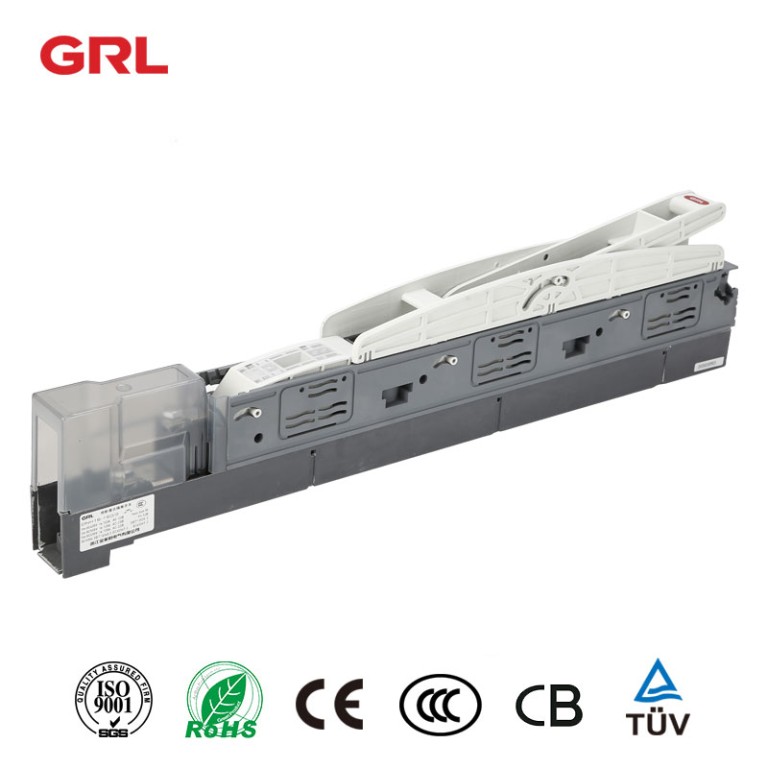
# Vertical Disconnectors in Power Distribution Systems
## Introduction to Vertical Disconnectors
Vertical disconnectors are essential components in power distribution systems, designed to isolate electrical circuits for maintenance or safety purposes. These devices play a crucial role in ensuring the reliability and safety of electrical networks by providing a visible break in the circuit when opened.
## Key Features of Vertical Disconnectors
Vertical disconnectors offer several important characteristics that make them valuable in power distribution:
– Compact design suitable for limited space installations
– Vertical operation that minimizes required horizontal space
– Visible isolation gap for clear verification of circuit status
– Robust construction for outdoor applications
– Compatibility with various voltage levels
## Applications in Power Distribution
Vertical disconnectors find widespread use in various power distribution scenarios:
### Substation Installations
In substations, vertical disconnectors are often used for:
– Isolating transformers for maintenance
– Sectionalizing busbars
– Creating visible isolation points in switchgear
### Overhead Line Applications
For overhead power lines, vertical disconnectors provide:
Keyword: Vertical disconnectors
– Safe isolation points for line maintenance
– Sectionalizing capabilities for fault isolation
– Connection points for temporary power sources
## Advantages Over Horizontal Disconnectors
While both vertical and horizontal disconnectors serve similar purposes, vertical models offer distinct benefits:
– Reduced footprint in constrained spaces
– Better performance in areas with limited horizontal clearance
– Improved visibility of the isolation gap from ground level
– Often simpler installation in certain configurations
## Maintenance Considerations
Proper maintenance of vertical disconnectors is crucial for reliable operation:
– Regular inspection of contact surfaces
– Lubrication of moving parts as per manufacturer recommendations
– Verification of proper alignment
– Checking for signs of corrosion or wear
– Testing of operating mechanisms
## Future Developments
The evolution of vertical disconnectors continues with:
– Integration of smart monitoring capabilities
– Improved materials for longer service life
– Enhanced designs for higher voltage applications
– Development of more compact models for urban installations
Vertical disconnectors remain a vital component in modern power distribution systems, offering reliable isolation capabilities in space-constrained environments. Their continued development ensures they will maintain their important role in electrical infrastructure for years to come.
